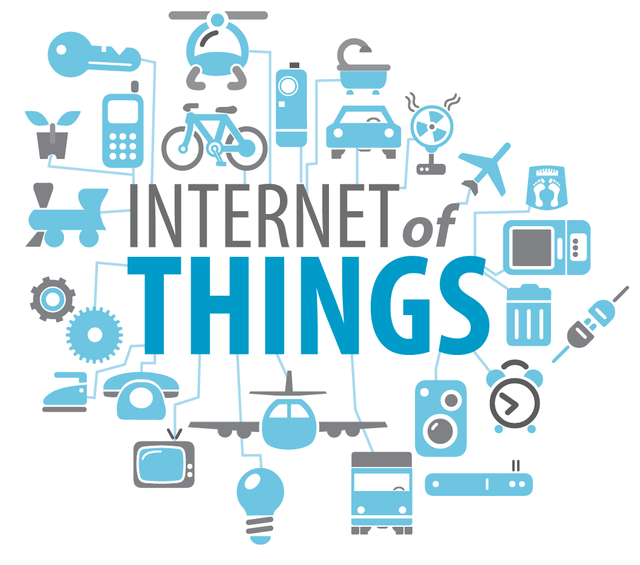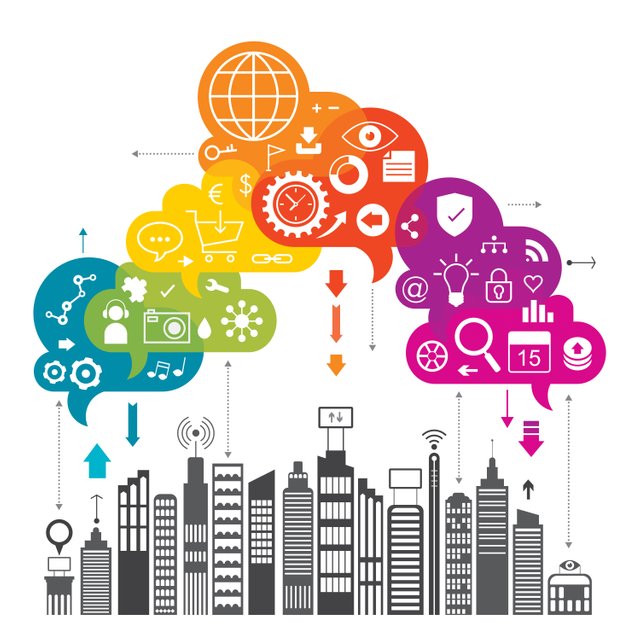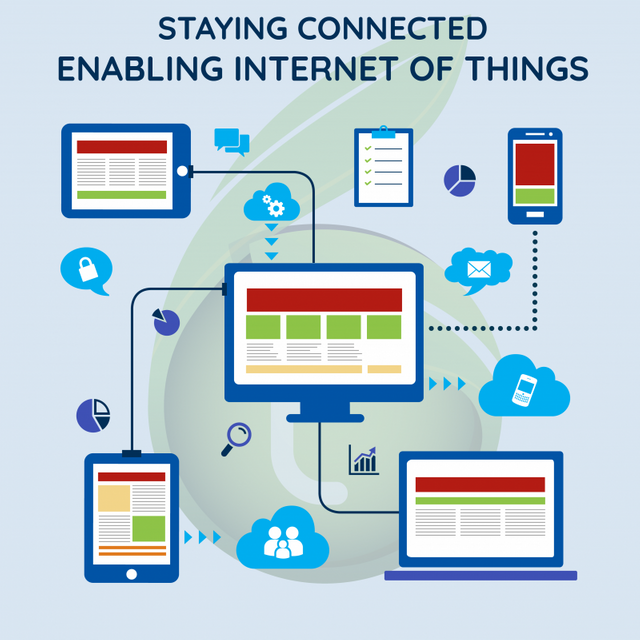How Internet Of Things Will Greatly Impact Lives In Nigeria & Africa
As humans, our needs are substantial, hence solutions are sought every day. Any little help we can get is appreciated and this is where the internet of things becomes useful. Today we will be examining how Internet of Things (IoT) will greatly impact lives in Nigeria if deployed on a large scale.
Recently, a self-driving car was seen on the streets on Lagos, with people shocked. From the video online, people could be seen moving closer to the car out of curiosity. One can only wonder what was going on in the minds of those who marveled at this “feat”; superstition maybe.
Let’s not get too carried away. Let me define what Internet of Things means. We will try to avoid technical jargons so as not to create confusion.
What is Internet of Things?
Internet of Things is “the interconnection via the Internet of computing devices embedded in everyday objects, enabling them to send and receive data”.
What this means is the communication of devices, like your light bulb, your Television, your refrigerator, your thermostat or any device which is not expected to be connected to the internet but which can due to improvement in technology (cheaper processors, better connectivity). These devices require little human supervision to carry out their functions.
It is pertinent to note that Artificial Intelligence and IoT are not the same thing. However they both need each other to work.
Internet of Things

How does Internet of Things work?
Internet of Things works via a process called Machine to Machine Communication or M2M communication. And it means the process machines communicate with each other without any form of human interference. The communication can be carried out via wireless connectivity, serial connection or power line connection. Modern devices are basically equipped with sensors, processors which allows for these devices to connect to each other and exchange information.
How has Internet of Things impacted the World?
In an article written for the World Economic Forum by Maciej Kranz, Vice President of Strategic Innovation, Cisco Systems Inc, posted on the 11th of January 2018, 6 points were raised on the impact that Internet of Things is and will impact in the world. These 6 points were listed as:
- Smarter Cities
- Cleaner Air and Water
- Smarter Agriculture
- Cutting food waste
- Connecting Patients
- Fighting breast cancer.
How Internet of Things will impact businesses?

Businesses are yet to really tap into IoT and who can actually blame them. The businesses that have tapped into IoT are the tech world mostly. The potential that IoT holds for businesses is massive. It would see costs reduce, and performance optimized. The biggest gain it would hold for businesses is the data that will be gained. Imagine having insight into your customers and potential customers’ needs. That is just huge information in the hands of businesses.
How Internet of Things will impact personal lives
Imagine not worrying about when your groceries will get exhausted as your refrigerator takes stock and orders for you. Also imagine not worrying about your fitness as it is being taken care of by wearable devices, which also can share data gotten with your physician.
How internet of things will impact lives in Nigeria & Africa

There might be arguments about the peculiarities of internet of Things working in Nigeria due to infrastructural issues such as the poor penetration of broadband, epileptic power supply, and probably superstition.
Internet of Things will impact lives in Nigeria through:
- Handle basics household functions without need for supervision.
- Reduce human error (accidents and traffic jams being a major aspect)
- Increase productivity and reduce stress.
- Reduce crime rates
- Save lives
These are just few ways with which Internet of things will impact lives in Nigeria. It however is susceptible to security risks such as hacking. Its benefits though outweigh whatever disadvantage it has and Nigeria & African in general should look towards adopting this technology sooner than later.


